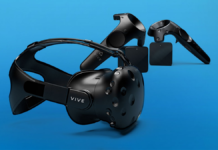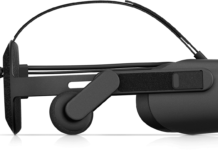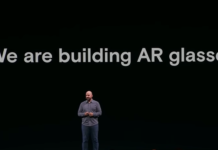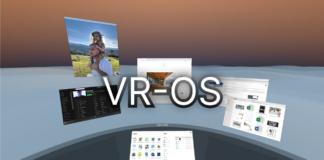The HTC Vive, when released, was the best VR headset on the market. The original Vive and Oculus Rift were constantly fighting for position for most-played VR headsets on Steam back in 2016, but a lot has changed since then. Oculus came out with two new headsets in the Quest and Rift S, and Valve joined the party with their own headset, the Index. In the same time of all of this happening, HTC went more business focused and the development of headset for enterprises consumed them. We haven’t seen HTC make a play on the consumer market for years now.
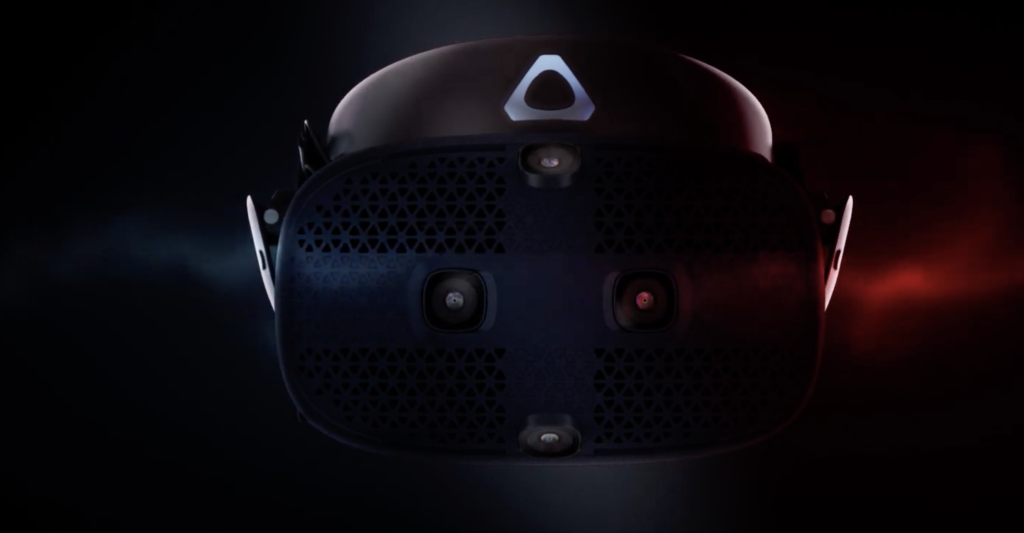
That is up until this year when the HTC Vive Cosmos was finally announced, or at least hinted at. In the same time frame that Oculus announced the Quest and Rift S and released them, is the same time frame that HTC hinted at the Cosmos and months later released some specs. Over a month has gone by since the teaser video with the small amount of specs announced, and we have yet to see HTC Vive tell us the price of the headset. Earlier in the summer, the masses were lead to believe that the Cosmos would be shipping out to the common consumer by the third quarter of 2019, but that has yet to happen. All of this makes you scratch your head a bit. Why would HTC (one of the best VR headset producers on the planet) not want to push out their consumer-based headset out as quickly as possible? We might have some answers.
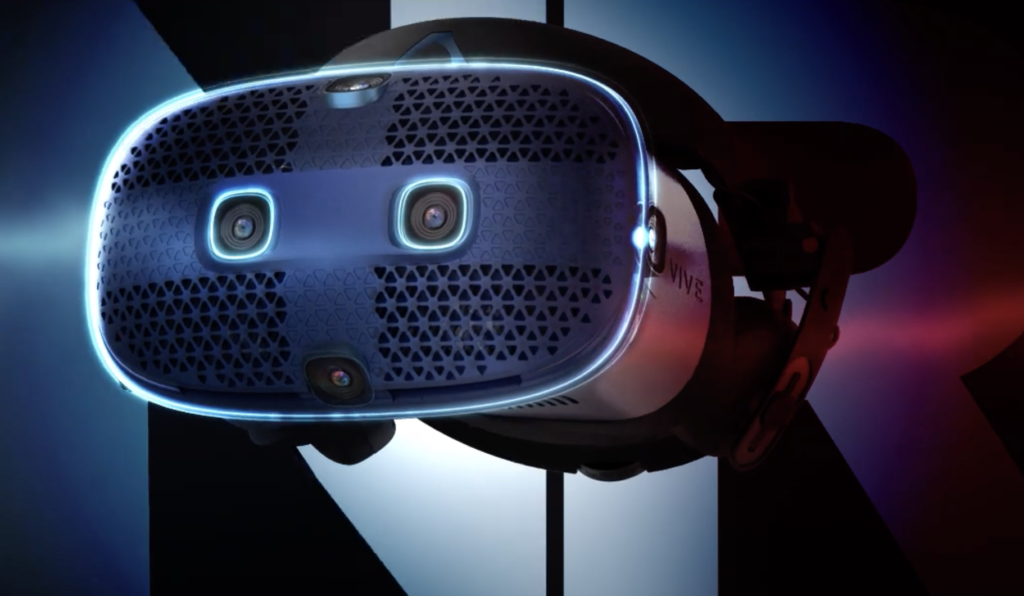
After the first idea of the Cosmos was swirled around the news industry, the rumors were flying around like a bird on speed. This might seems a little extreme, but it’s not. Many believed that the Cosmos would be able to be as powerful as the Vive Pro, complete inside-out tracking, able to connect to your phone and be powered by it, and much more. As details were slowly learned, none of that was true. The closest thing we saw was the “mods” that were going to be available with shipment, but recent activity from HTC Vive makes us suspicious of the future of this feature as well.
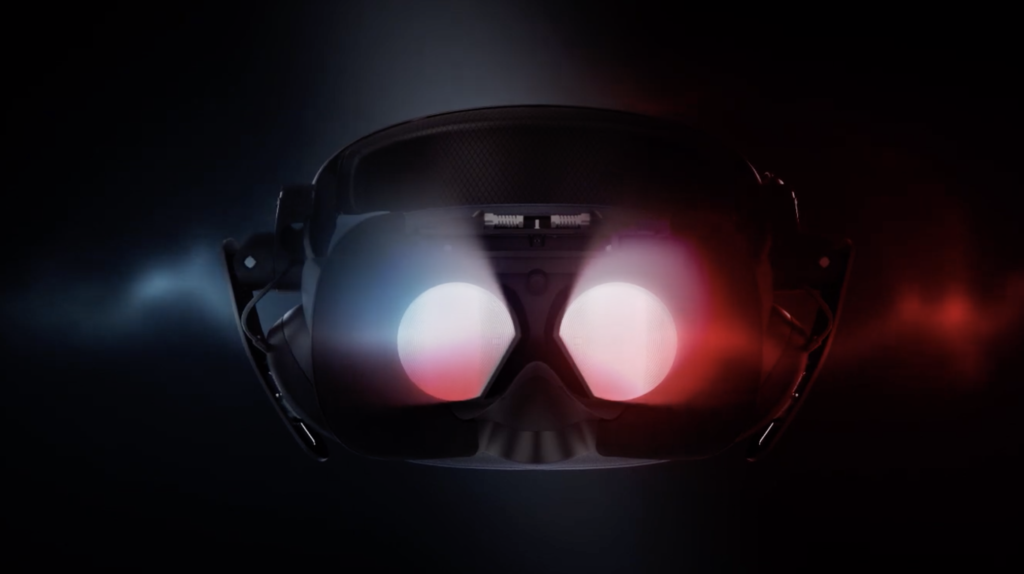
None of what we thought the Cosmos was going to be is coming to light, and with the recent success of the Quest, Rift S, and the Valve Index, HTC is stuck in a tough spot. Who is going to be buying their newest headset? The Rift S is $400 and is the closest thing we see to what looks like the Cosmos right now. Months ago there was rumors that the Cosmos would be $1,000 but HTC quickly shot those down. If you are going to have something similar to the Rift S that comes out months after it, chances are you will not succeed and HTC knows that. The Cosmos won’t be nearly as good as the Index, so they can’t raise the price up to $1,000 to make up for lost sales either.
The Cosmos needs to be sitting somewhere in the price range of $500-$750 to make a dent in the industry. The headset needs to be more powerful than the Rift S, better controller tracking, and even more comfortable. None of that will be easy, but nobody said it would be. We know the Cosmos is unlikely to compete with the Valve Index, so holding it those standards with a cheaper price point is unfair.
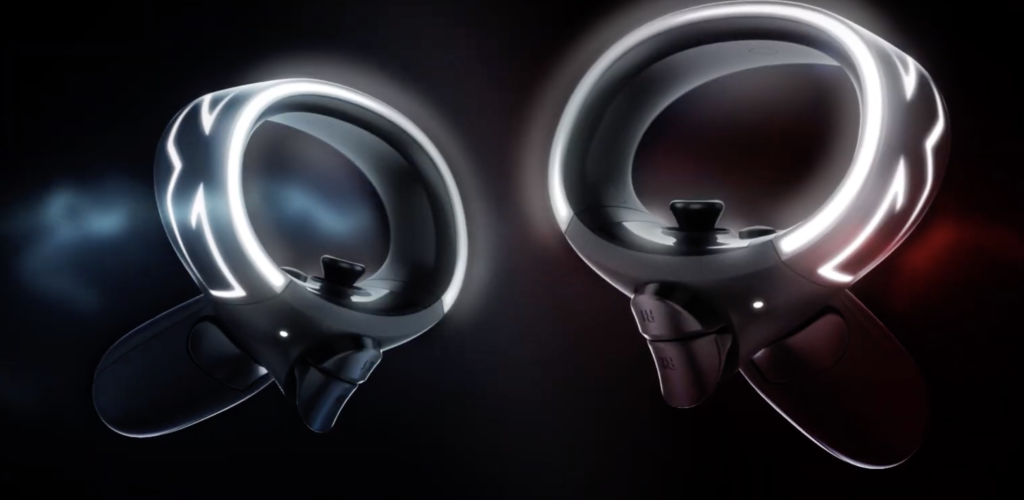
The virtual reality industry has established what they believe is worth $1,000 and $400 already this year, so for HTC to be successful with their consumer headset, they need to define what the middle ground is. Until they figure out what the middle ground is, you can expect them to be mute about the HTC Vive Cosmos. Cosmos




